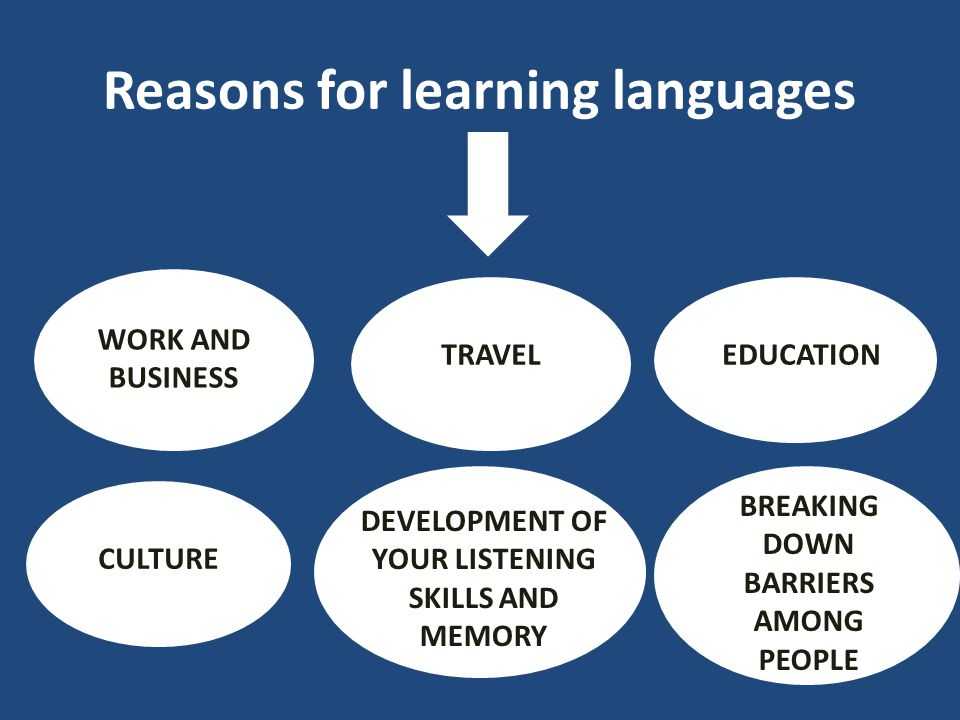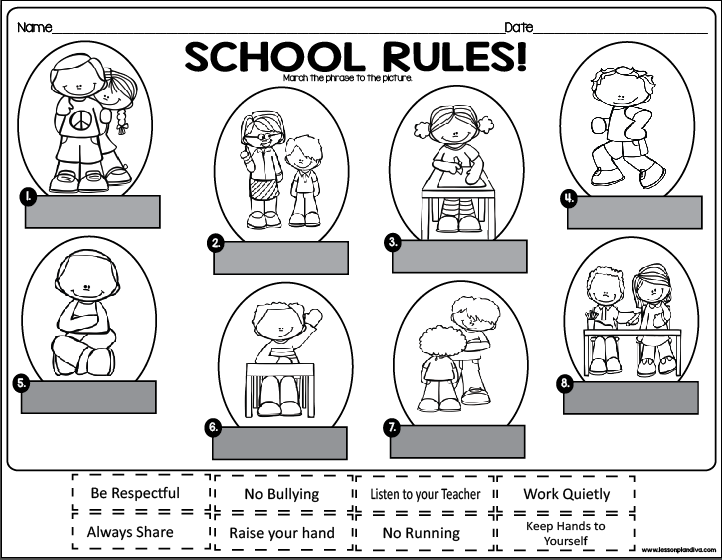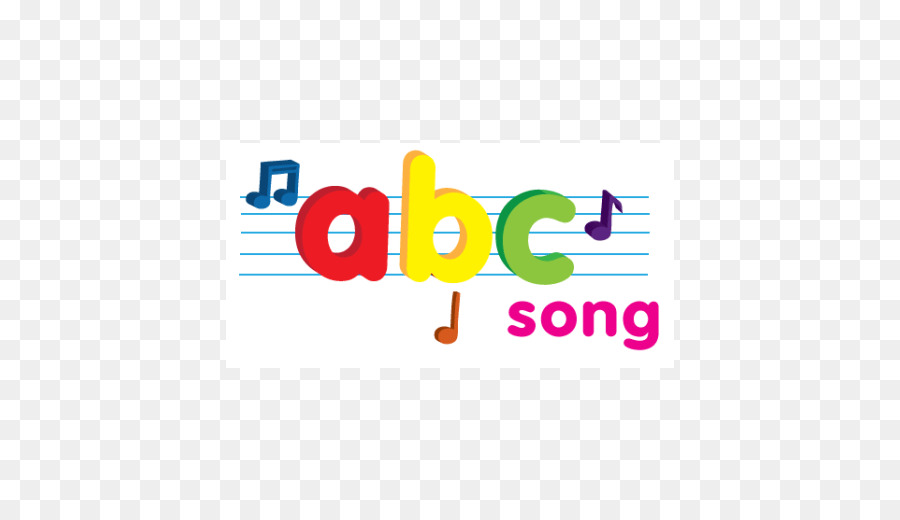Learn to share
Learning to Share
As a parent, you know that the ability to share a favorite toy or time with a favorite person can be a major accomplishment for your preschooler. In order to share, your child needs to understand that others have needs and wants too. This happens developmentally when children begin to see that they are not the center of the universe (the egocentric stage), but one of many planets and constellations that work together to make up the universe! Here are simple ways to start teaching your preschooler about sharing:
- Demonstrate sharing yourself. Sounds simple, but sometimes we forget that our children learn best from the model we provide. When you are sharing, be sure to explain to your child what you are doing and why; otherwise, he may be unaware of what is happening. For example, you might point out that it feels good to help out a neighbor by sharing a book or loaning yard tools, and that your neighbor appreciates it too.
- Acknowledge sharing.
When your child shares a toy with a sibling or friend, commend him for it, but be specific in your choice of words. Too often we use the word "nice" to describe an action of sharing. But "nice" is a hard word to define, and is even harder for your young child to understand. Instead of saying, "Thank you for being nice to your friend," you can say, "Thank you for sharing your ball with Matthew. You made him happy."
If you have an only child, it is helpful to periodically take on the role of playmate so that she can have the experience of sharing a treasured object. (Plus your child will love playing one-on-one with you!)
During the preschool years, your child is becoming capable of understanding the pleasure in sharing. But it is not until he sees the benefits of sharing that he will freely choose to do so. One benefit he can experience is the joy of interaction with a playmate or family member. He will find that it is more fun to share a toy with someone than to have it all to himself. That is because he is developing a sense of self in relationship to others. And in so doing, he is beginning to understand the importance of community.
That is because he is developing a sense of self in relationship to others. And in so doing, he is beginning to understand the importance of community.
Of course, that doesn't mean that he will always want to share. In fact, many times your young child may not. But through small successful experiences with sharing a toy or a snack, your child can begin to generalize these experiences with more friends and with objects of greater significance. Here are some activities that make it easy to share:
- Art projects, such as painting, clay, collage and drawing encourages sharing of materials and ideas.
- Gardening: The process of caring for living things together makes this a deep experience of sharing. Try planting fast-growing bean seeds in a yogurt container, and share the responsibility for watering it.
- Meals, even though sharing food is not always easy for a young child to do! Cut up a piece of fruit and count out the shared pieces.
 "One for me, one for you, one for me . . ."
"One for me, one for you, one for me . . ." - Giving simple gifts helps your child feel the joy of sharing. Why not encourage your child to create a gift of love to share with a family member? It could be a coupon for a hug or a drawing.
- Informal ball games — it is hard to play catch by yourself!
Featured Book
learn more
GRADES
Social & Emotional Skills
Sharing
Compassion
Cooperation
Sharing and Taking Turns
Social and Emotional Development
Preschool
How to teach your child to share
In this article
- Why does my preschooler find it hard to share?
- How can I teach my preschooler to share?
It’s perfectly normal for your preschooler to find the idea of sharing tricky. Children generally understand the concept of sharing at about age three. But it will take a while longer before they’re prepared to do it (Zero to Three nd). You can encourage your child to share by setting a good example and by teaching them to problem-solve. Read on for more tips.
But it will take a while longer before they’re prepared to do it (Zero to Three nd). You can encourage your child to share by setting a good example and by teaching them to problem-solve. Read on for more tips.
Why does my preschooler find it hard to share?
Although your child is starting to develop empathy, and knows that they need to take turns, they aren’t mature enough yet to resist all of their impulses. Most three-year-olds and four-year-olds put their own needs first, and can get upset when the needs of others get in the way (Zero to Three nd).
Your child may not understand enough to realise that even if they don’t have a toy now, it’ll be their turn soon. So don’t be surprised when you see them grab a truck from a friend, or refuse to let their sibling look at their favourite book.
Beneath the surface, though, your little one’s sharing skills are maturing. This is partly because they love getting praise from you and other trusted adults. They may enjoy drawing pictures for teachers, making presents for you and sharing snacks with their friends. You can sow the seeds of generosity by gently encouraging your child to share.
They may enjoy drawing pictures for teachers, making presents for you and sharing snacks with their friends. You can sow the seeds of generosity by gently encouraging your child to share.
How can I teach my preschooler to share?
Set a good example
You are your child’s greatest role model when it comes to sharing. Let them see you give and take, compromise, and share with others in everyday life.
Teach your child cooperative games in which they have to work together with others, rather than competitive games which focus on winning. You could try doing a jigsaw puzzle together, taking turns to add pieces. Or you could blow up a balloon and play balloon tennis.
Share projects, too: water the plants, tidy up toys, or unpack the shopping together.
As far as you can, try to model and point out sharing and turn-taking in family life. When you and your partner share food together, point out how nice it is to your preschooler and ask if they would like to share too. If you notice another child or sibling sharing, praising their behaviour in front of your little one will encourage them to do the same (Pathways nd).
If you notice another child or sibling sharing, praising their behaviour in front of your little one will encourage them to do the same (Pathways nd).
Talk about sharing
If your preschooler has a play date planned, have a chat with them beforehand about how important it is to share. Let them know that it’s normal to play with a friend’s toys if you go to their house, and vice versa. It may seem obvious to you, but it won’t be to your little one!
Where possible, encourage your preschooler to put themselves in their friend’s position: "If you went to Addy’s house and he didn’t let you play with any of his toys, how would you feel?". (Pathways nd)
If your child squabbles with a friend about a toy, try to intervene before things become too heated, and explain that each of them will have a turn (Pathways nd). If either child starts having a full-blown tantrum, try to remove your child from the area until things have calmed down.
Once both children are ready to listen, discuss the situation with them in a thoughtful and compassionate way. The discussion only needs to be a minute long as children have short attention spans at this age. You can then quickly move the discussion towards a plan, "So, Ben is going to play with it for the first two minutes, then it will be your turn to play with it for the next two minutes."
If your child's friend is holding a toy back, explain how they may be feeling. For instance: "Josh really likes that toy, and he doesn't want anyone to play with it right now. Can you find something else to play with?"
Help your preschooler put their own feelings into words, too. You may need to give them the words, for example by saying, "It sounds like you feel cross", or "You’re looking a bit disappointed". This also reassures your child that you understand how they might be feeling (Zero to Three nd).
Don't punish but do step in
It can be embarrassing to see your child snatching a teddy from their friend, or throwing a tantrum because their turn with the trucks has ended. But if you tell your child that they’re selfish, or force them to hand over a prized possession of theirs, they may get the message that sharing has negative consequences.
But if you tell your child that they’re selfish, or force them to hand over a prized possession of theirs, they may get the message that sharing has negative consequences.
When children feel ashamed or embarrassed, they sometimes become defensive, which makes it much more difficult for them to learn new skills. So give your child some leeway, and acknowledge that they’re probably not being deliberately mean or rude by refusing to share.
Keep in mind that it's natural for your child to want to keep some items to themselves, as they develop a sense of what it means to own something. Rest assured that as they mature, they’ll learn that sharing with friends is much more fun than playing alone.
Teach your child to problem-solve
Encourage your child and their playmate to think up ways themselves of sharing toys. For example, ask: "We only have one truck, how do you think we can all play with it?". You may be surprised at their suggestions! Giving your little one opportunities to be kind and generous will encourage them to do it more often (Zero to Three nd).
Respect your child’s possessions
If your preschooler feels that their clothes, books and toys may be lost or damaged, they’ll be less willing to share them. So ask permission before you let their sibling or friend borrow their crayons, and give them the option of saying no.
Make sure that siblings and friends respect your child’s things too, by encouraging them to ask if they can use them and making sure they take care of them.
Reassure your little one that sharing isn't the same as giving away, and point out that if they share their toys with friends, their friends will want to share back.
Before a play date, ask your child if there's anything they’d rather not share, and help them find a safe place to put their special toys (Pathways nd). Then ask them to think about things that would be fun for them and their guest to play with together, such as walkie-talkies, art and craft supplies, or a bat and ball. Ask their friend to bring along a few toys too, so your child isn’t the only one sharing.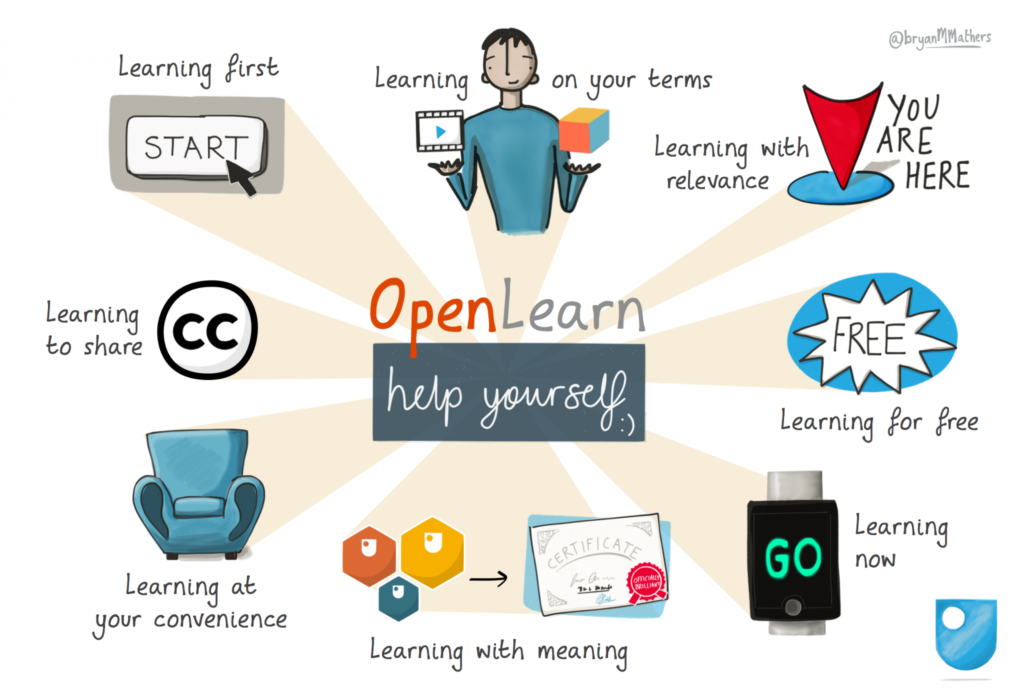
Learn more about when your child will start to show empathy for other people’s feelings, and find out when to teach them about respect.
More on preschooler behaviour:
- What to do if your little one has got into the habit of biting their nails
- How to put a stop to teasing
- What to do when your child has a meltdown
- Tips on developing your child's social skills through active play
References
Pathways. nd. Getting Preschoolers to Share… How Do You Do It? www.pathways.org [Accessed June 2021]
Zero to Three. nd. Helping Young Children With Sharing www.zerotothree.org [Accessed June 2021]
Show references Hide references
Ability to share. How to raise a healthy and smart child. Your baby from A to Z
Ability to divide
One of the favorite words in the baby's vocabulary is "my". Only gradually, as experience is gained, "mine" becomes "ours", and the child learns to share and give.
The newborn is concerned only with himself. Gradually, his curiosity spreads to other people and objects. At about age two, he realizes ownership—something he must learn before he can learn to share. Every thing belongs to someone, and along with "mine" appear, but rather reluctantly, "dad" and "mother". The kid still clings to his toys and sometimes hides them. As in many other aspects of a child's life, the attitude of the parents ultimately affects him more than anything else. One way to learn to share is to see how parents give others a newspaper, a cup of coffee, how mother shares food with him, father - tennis balls or a flashlight, and both of them give him their love. nine0003
In order to learn to give, it is necessary, of course, to communicate with other children. In the "my" stage, the child resists another child's attempt to take his scoop.
However, these two children can silently dig side by side, sharing their actions but not their tools. At this stage of a child's development, an attentive mother may keep a few extra toys especially for little visitors. Her son probably won't be eager to give his own, but he won't learn to share unless you ask him to. nine0003
Her son probably won't be eager to give his own, but he won't learn to share unless you ask him to. nine0003
Between the ages of three and four, real sharing begins to take shape. The child gradually learns that he will get his ball back after other children play with it. He finds that he can have fun with other children as well as use their toys. It is very useful here to suggest using something in turn. The child can take turns whipping the dough with his mother, use the same pencil with his father. Then outside the house it will be easier for him to take turns with other guys to ride his bike. nine0003
Sometimes a child keeps a tight grip on things when children of his age have already learned to share. It might just take him longer. If this behavior is long and persistent, it may have deeper causes. Perhaps the baby was forced to share with others when he was not yet ready for it, or he had a feeling that he was not appreciated, and he thus decided to simply draw attention to himself.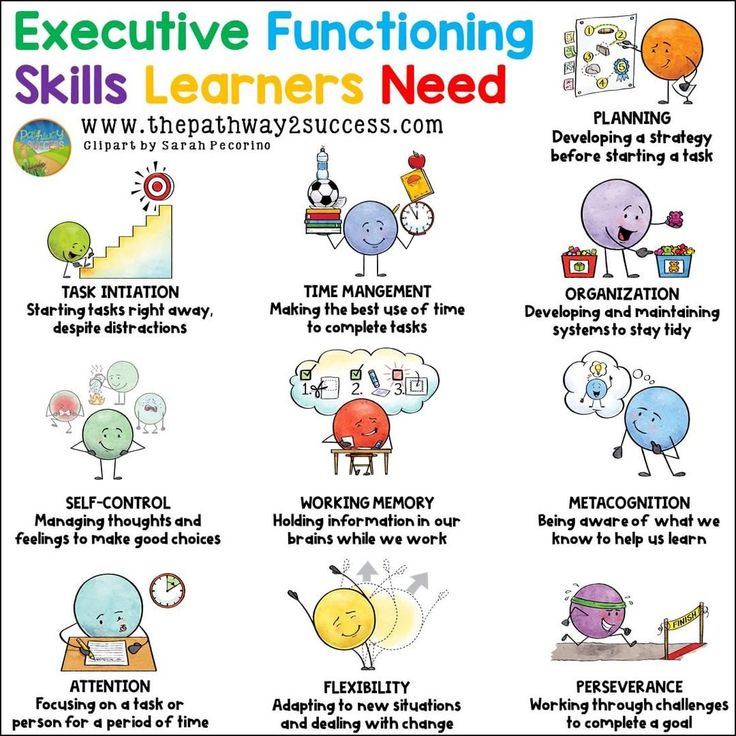
Parents should remember that the ability to share with brothers and sisters is often complicated by jealousy and rivalry. These feelings in individual children must be taken into account, as well as the principle of a fair division. Giving is part of a child's development. It gives him satisfaction that there are certain things that belong to him, with which he is free to do what he wants. Sometimes a child may regret a hasty decision, but this will only make him learn to think things through in advance. In some cases, it is better for a parent to intervene, as a child can give a playmate an expensive toy that is tangible for the family budget. And then it is necessary to explain to the baby that this cannot be done “forever”, and, perhaps, to offer him to give away another, less expensive thing. A child who is consistently too generous may be trying to buy love and admiration. In such cases, it would be good to determine whether his feeling that he is loved and appreciated for himself has not been shaken.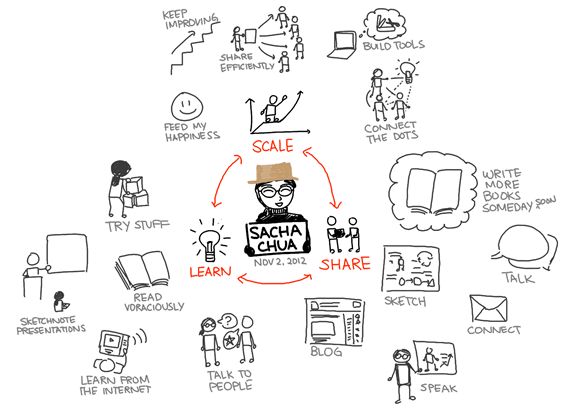 nine0003
nine0003
Among older children, the ability to share develops freely in a friendly family atmosphere. Important qualities to develop along with selflessness are self-respect and pride. Each member of the family must feel that his own time, his interest and his work are important and worthy of attention. When a child has this feeling, sharing their belongings, time and love becomes an enjoyable and enjoyable part of their life with others.
nine0002 This text is an introductory fragment.The ability to remember also depends on the mood of the child
The ability to memorize also depends on the mood of the child. A pleasant atmosphere in the classroom is the most important prerequisite for a successful study! Learning happens best when students are in a good mood.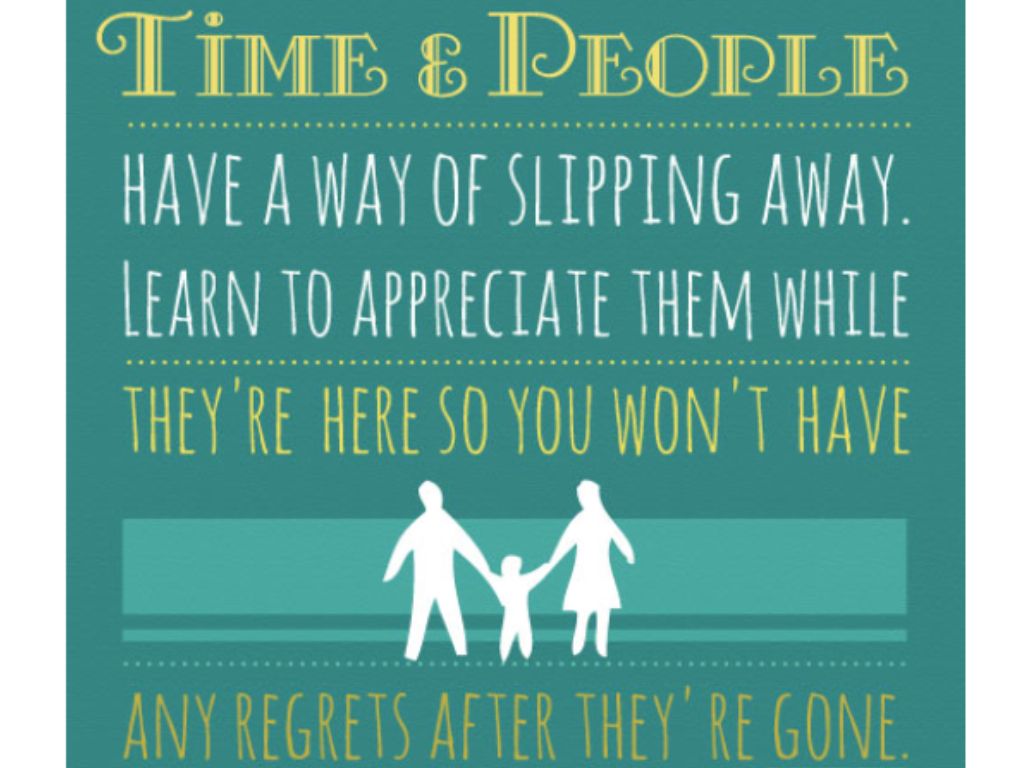 Stress, on the other hand, is a recognized memory killer. Bad mood at
Stress, on the other hand, is a recognized memory killer. Bad mood at
Sharing (toys) "Doctor, how to teach him to share?"
Sharing (toys) "Doctor, how to teach him to share?" From the first games of the kid in the sandbox, his parents dream that their child would let others play with his bucket or spatula. And seeing his flushed child, who is furiously trying to take something away from his
If he doesn't want to share his toys
If you don't want to share toys At the age of 2-4 years, children have a crisis when they do not want to share their toys. What to do at such a moment? How to teach a child to share? Consider three situations where this problem occurs. Walking situation in the summer of
Quality No. 2. The ability to fantasize
Quality No. 2. The ability to fantasize Consider and develop the main features of children's imagination: successful people have a strong imagination. - Do not be afraid of deviations in the perception of children - this is how they experiment with reality. – Following the child
2. The ability to fantasize Consider and develop the main features of children's imagination: successful people have a strong imagination. - Do not be afraid of deviations in the perception of children - this is how they experiment with reality. – Following the child
Collecting determines the resolution of the child's perception, sets the matrix of his further searches
Collecting determines the resolution of the child's perception, sets the matrix of his further searches Children always collect something, drag it to their corner, fill their pockets, hide it under the pillow. To amazing and charming objects I want again
nine0022 Quality No. 7. Ability to empathize and understand Quality #7: The ability to empathize and understand Pay attention to the desires and experiences of children. - Maintain emotional balance yourself and teach this to your child. - Advance the child with praise, hope, confidence, so that they later return a hundredfold. – Together with
- Advance the child with praise, hope, confidence, so that they later return a hundredfold. – Together with
Language ability
Language Ability We have said more than once that by teaching a foreign language we mean the development of a person’s language and speech abilities, as well as the processes of perception and generation of speech with the help of special psychological and psycholinguistic methods that have
Speech ability
Speech ability Speech ability, if we again use analytical analogies, is in the same relationship with language ability as speech and language. These abilities, in our opinion, are as “complementary” (in the terminology of N. I. Zhinkin) as speech and language,
Skill is not the ability to NOT DO
nine0002 A skill is not the ability to NOT DO I want to emphasize that a skill is not the ability not to do something undesirable, but the ability to do something right instead. This is a very simple principle, but it takes practice to apply it correctly. When you
This is a very simple principle, but it takes practice to apply it correctly. When you How to teach a child to share - Psychologos
It is difficult for children to share, especially small ones. This is a normal part of the development process. Realizing and accepting this is the first step in helping a child become a generous person. nine0003
Selfishness comes before the ability to share. The desire to own is a natural reaction of a growing child. During the second and third years of life, the child moves away from understanding himself in unity with the mother and begins to become an individual, defining himself separately from the mother. "I myself!" and my!" - the main words of the baby. In fact, "Mine" is one of the easiest words for a child to pronounce.
The growing child develops a strong attachment to both things and people. It is difficult for a one-year-old child to “share” his mother; two-year-old - a toy bear.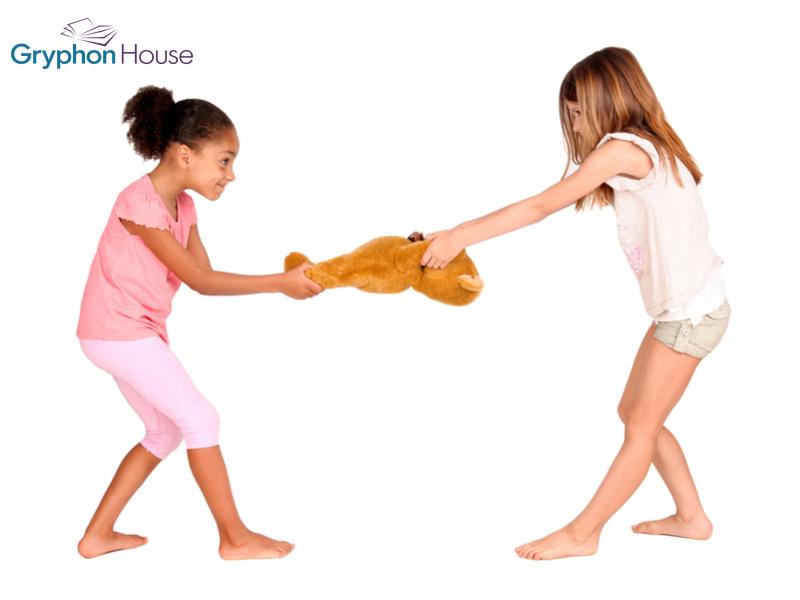 Some children become so attached ("attached") to the toy that the old, tattered doll becomes part of the child. When our four-year-old daughter was asked to draw a portrait of herself, she always portrayed herself with her favorite doll, as if it were part of her body. How could you convince her to share the doll with a friend? The doll was too important to her. She could not feel at ease if the doll was in the hands of another child. nine0003
Some children become so attached ("attached") to the toy that the old, tattered doll becomes part of the child. When our four-year-old daughter was asked to draw a portrait of herself, she always portrayed herself with her favorite doll, as if it were part of her body. How could you convince her to share the doll with a friend? The doll was too important to her. She could not feel at ease if the doll was in the hands of another child. nine0003
When to expect a child to learn to share. The real desire to share is based on empathy, the ability to understand the opinion of another person and see the world through his eyes or from his point of view. Children under six years of age have difficulty doing this. Mostly they share because you teach them that way. Don't expect a child at two or two and a half to easily learn how to share their toys. Children under the age of two are ready for parallel play with other children, but not with them. They don't think about what the other child wants or feels.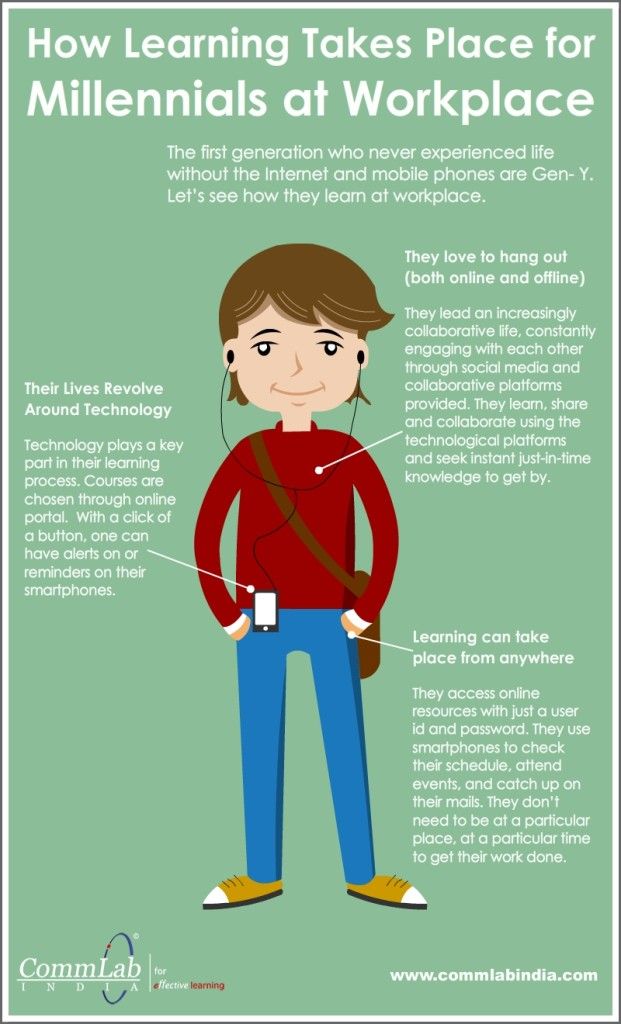 With skillful upbringing, a selfish two-year-old can become generous by the age of three or four. As children begin to play with each other and cooperate in play, they begin to understand the value of sharing. nine0003
With skillful upbringing, a selfish two-year-old can become generous by the age of three or four. As children begin to play with each other and cooperate in play, they begin to understand the value of sharing. nine0003
Even at the age of four or five, a child will not always be ready to share. The child may be sensitive to certain things. It could be a favorite toy or a tattered blanket. For him, this is the same as for you an engagement ring or a family heirloom that your mother gave you. Respect and protect the child's right to own property. Children know their friends. At the age of four, Matthew realized that Johnny's friend was an impulsive, curious child who could be a tester of the reliability of any toy. Johnny examined every moving part of the toys, dismantled and twisted them; only the strongest toy could stand. Matthew recognized his friend's destructive nature and hid valuable, fragile toys from him when Johnny came. We supported Matthew's wisdom. nine0003
What you can do
Do not force your child to share. Instead, create relationships and environments that encourage the child to have this desire. Ownership gives power. They are just toys for you. For a child, these are valuable, expensive things. Respect your baby's feelings by encouraging the ability to share. Watch your child find their place in group play. You will learn a lot about your child and determine what kind of guidance he needs. If a child tends to steal, other children will not play with him. If he is always a victim, then he must understand the power of the word "No." In the preschool years, the child naturally goes through the “what does this give me” stage and moves into the socially significant stage “what does this give us”. Gradually, with the help of their parents, children learn that life runs more smoothly if they are able to share. nine0003
Instead, create relationships and environments that encourage the child to have this desire. Ownership gives power. They are just toys for you. For a child, these are valuable, expensive things. Respect your baby's feelings by encouraging the ability to share. Watch your child find their place in group play. You will learn a lot about your child and determine what kind of guidance he needs. If a child tends to steal, other children will not play with him. If he is always a victim, then he must understand the power of the word "No." In the preschool years, the child naturally goes through the “what does this give me” stage and moves into the socially significant stage “what does this give us”. Gradually, with the help of their parents, children learn that life runs more smoothly if they are able to share. nine0003
Be generous. Monkey does what he sees. If the big monkey shares, the little one does the same. If someone asks you for one of your "toys", be sure to share it. Let this be an educational moment: "Mom shared her cookbook with a friend." You back up your words with actions, it's very convincing. Suggest to the child: “Do you want me to share popcorn with you?”, “Come to us, we will find a place for you.” If you have several children and they are close in age, there will come a time when you will not be able to fully devote yourself to only one of them. Do the best you can - divide your time fairly. "Injustice" is the only frequently repeated complaint in childhood. Try to be as accessible to all children as possible. nine0003
Let this be an educational moment: "Mom shared her cookbook with a friend." You back up your words with actions, it's very convincing. Suggest to the child: “Do you want me to share popcorn with you?”, “Come to us, we will find a place for you.” If you have several children and they are close in age, there will come a time when you will not be able to fully devote yourself to only one of them. Do the best you can - divide your time fairly. "Injustice" is the only frequently repeated complaint in childhood. Try to be as accessible to all children as possible. nine0003
Play. Divide Dad Game: Have a two-year-old child sit on one knee and a four-year-old child on the other, and explain to both children how to share a person who is important to them.
Even a two-year-old child can take part in a game called "Share Your Wealth". Give your baby some flowers, cookies, blocks or toys and ask him to share them with everyone in the room: “Give one to your big brother.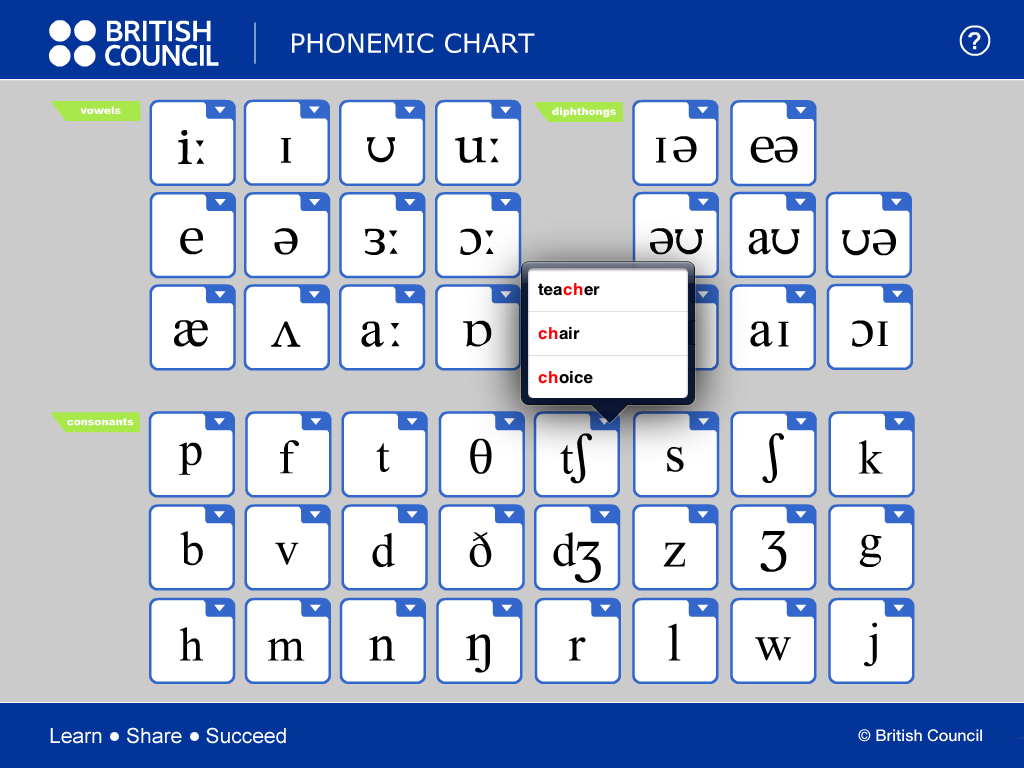 Give one to dad." You form an important trait - sharing is a normal way of life, sharing is a joy. Martha says: “One day Laura found a chocolate bar in my bag. She ate it with pleasure, and then found a second one in the same place and showed it to me. I told her that the bar was for Steven and Matthew and asked her to go and share the chocolate equally, thinking she would eat it on the way. Didn't even follow her to see the "inevitable". Bill later told me how beautiful it looked when she handed out the chocolates, half to Steven and half to Matthew." nine0003
Give one to dad." You form an important trait - sharing is a normal way of life, sharing is a joy. Martha says: “One day Laura found a chocolate bar in my bag. She ate it with pleasure, and then found a second one in the same place and showed it to me. I told her that the bar was for Steven and Matthew and asked her to go and share the chocolate equally, thinking she would eat it on the way. Didn't even follow her to see the "inevitable". Bill later told me how beautiful it looked when she handed out the chocolates, half to Steven and half to Matthew." nine0003
When to start. We don't expect babies to share on their own, every opportunity should be taken to encourage them to do so. Explain to your child how to tell friends about your desires. For example: “When Katherine fixes the car, then you can drive it. Ask her when she's done" or "Reach out and wait, she'll give you the doll when she's ready." If a fight breaks out over a toy, sometimes it's best for the adults not to get involved.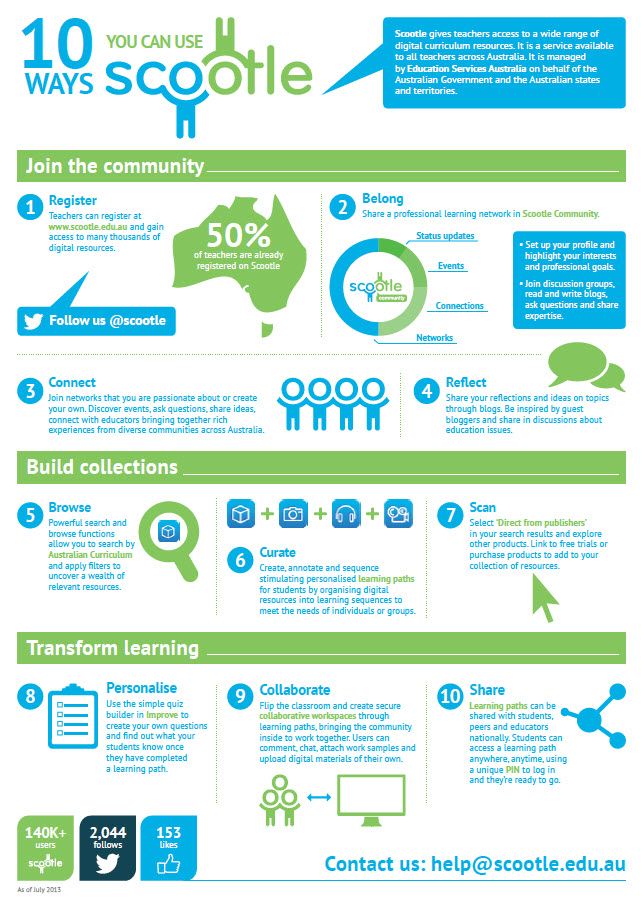 Give the children time and space to resolve the dispute among themselves. Stand back and watch. If the relationship dynamics in the group are moving in the right direction and the children seem to be solving the problem among themselves, remain a witness. If the situation worsens, intervene. Self-learning - with little or no help from caregivers - is very important. nine0003
Give the children time and space to resolve the dispute among themselves. Stand back and watch. If the relationship dynamics in the group are moving in the right direction and the children seem to be solving the problem among themselves, remain a witness. If the situation worsens, intervene. Self-learning - with little or no help from caregivers - is very important. nine0003
Alternate ownership. Using the timer helps resolve disputes over toys. Johnny and Jimmy have a serious fight over a toy. You intervene by asking everyone to name cleanly. The one who calls the number closer to the one you have in mind gets the toy first. Then you set the timer. Two minutes is enough time for small children. Seniors can be asked to wait a little longer. When the time runs out, the toy goes to another child for the same time (although he may have already forgotten that he needs it). You may have had to explain this principle to young children. Start with the oldest child or the one who is more cooperative.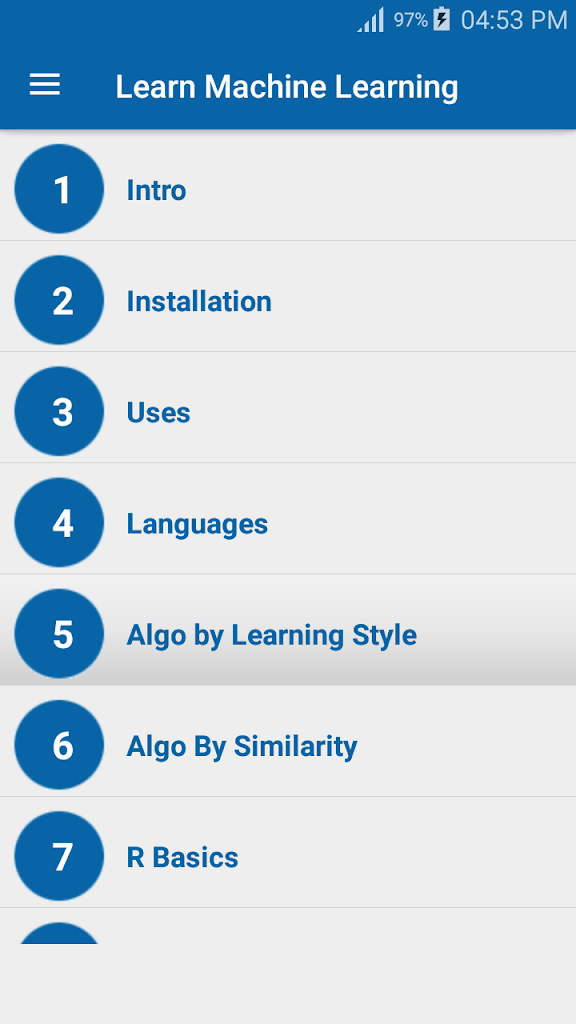 For example, Stephen owns a toy for two minutes. The timer beep sounds. Take the toy from Stephen with conversation and support and hand it to Laura, assuring Stephen that it will be his turn again after the timer beeps. nine0003
For example, Stephen owns a toy for two minutes. The timer beep sounds. Take the toy from Stephen with conversation and support and hand it to Laura, assuring Stephen that it will be his turn again after the timer beeps. nine0003
It may take several of these cycles before the child gives the toy away, smiling and knowing that it will return to him again. Families who have used the timer principle have told us that it worked so well that big babies would run to their mother asking, “Mom, turn on the timer. Susie doesn't want to share."
If this method does not work, use a "break" for the toy. Put it in the closet and explain that the toy will stay there until they learn how to share it. Over time, children will understand that it is better to share a toy than to lose it altogether. They will learn to cooperate, and everyone wins. nine0003
Plan ahead. If you are visiting, don't forget to bring your toys. There will surely be toys at the party that will interest your child, and it will be easier for the little owner to share with a guest who did not come empty-handed. Be sure to tell your child in advance that when you leave, he can take all the toys back. For children 2-3 years old, this is far from obvious and can cause great anxiety, preventing exchange and mutual concessions.
Be sure to tell your child in advance that when you leave, he can take all the toys back. For children 2-3 years old, this is far from obvious and can cause great anxiety, preventing exchange and mutual concessions.
Protect your child's interests. If your child really appreciates his toy, respect this feeling, but teach him to be generous. The child often has a special attachment to some toys that he does not want to share with anyone. We advise you to remove them so that other children do not take them. Before playing, help your child divide toys into those that he is ready to share and those that should be put away.
Let the children share. To develop the desire to share, Janet gave four-year-old Benjamin a whole cookie and said, "Please give some of the cookie to Robin." He broke the cookie and gave it to him. It was good practice for Benjamin and for two year old Robin. Because by watching this act, he learned how to share.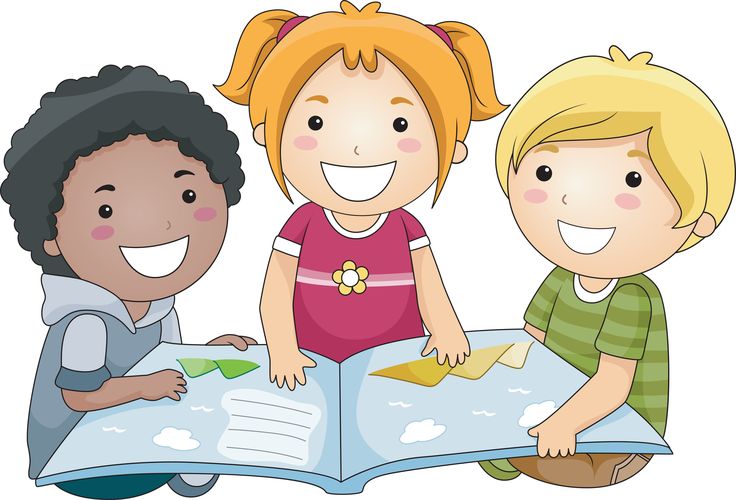

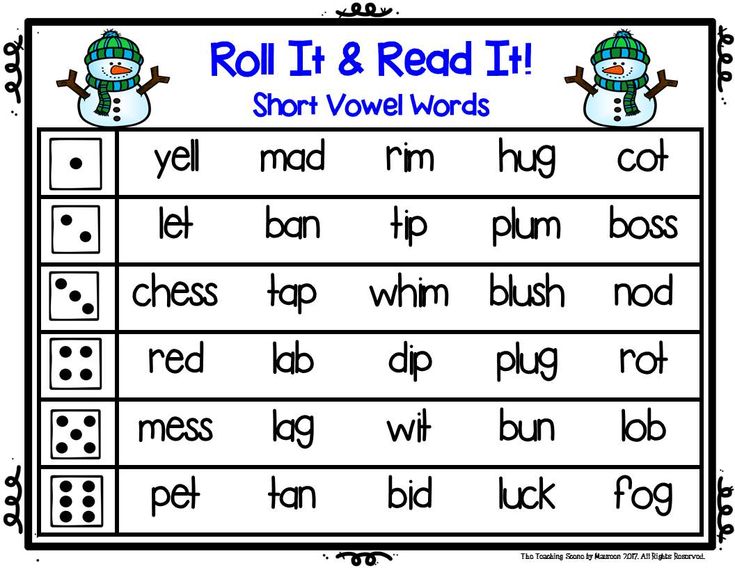
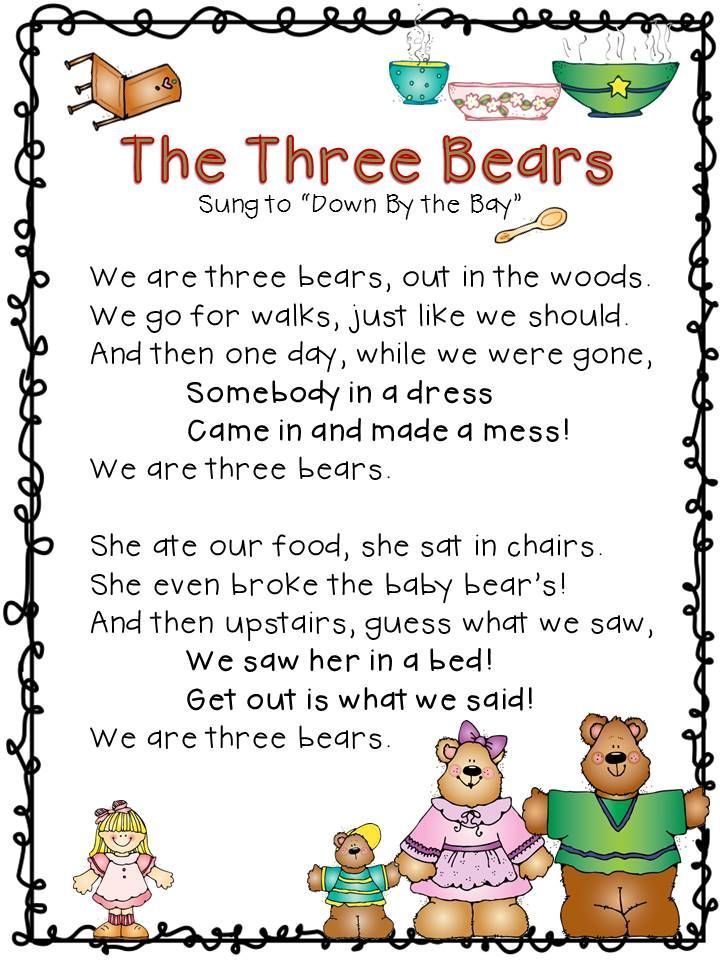
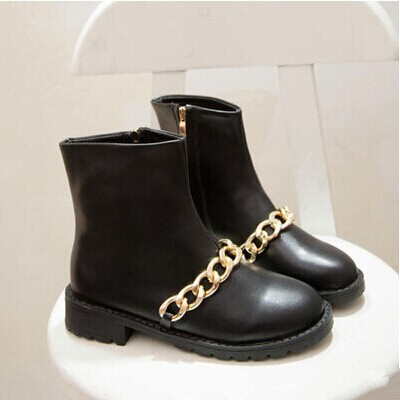
.jpg)


